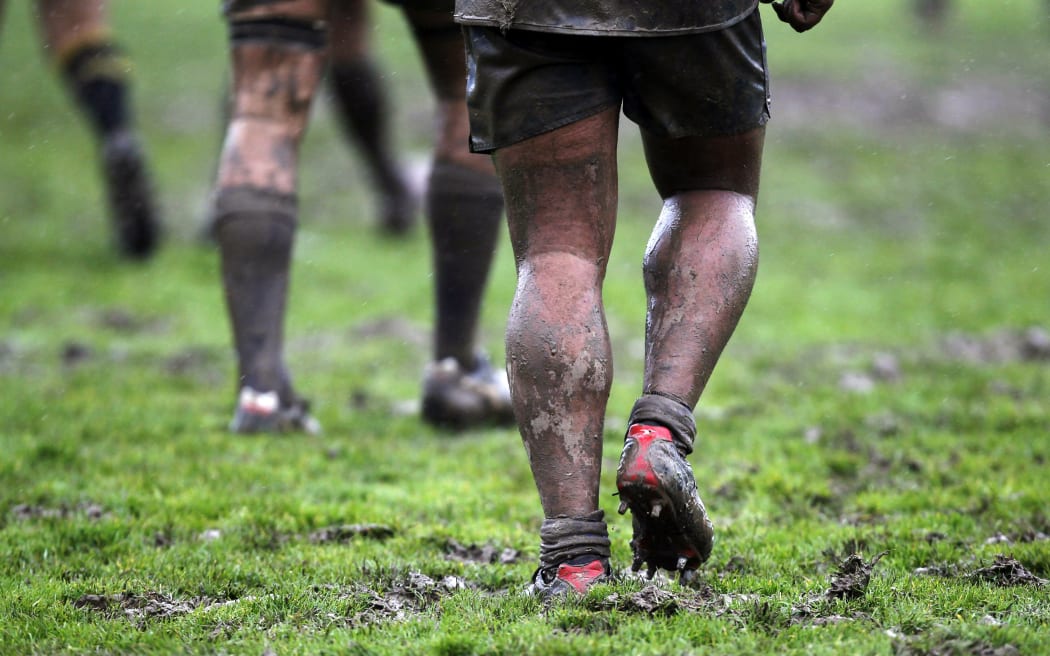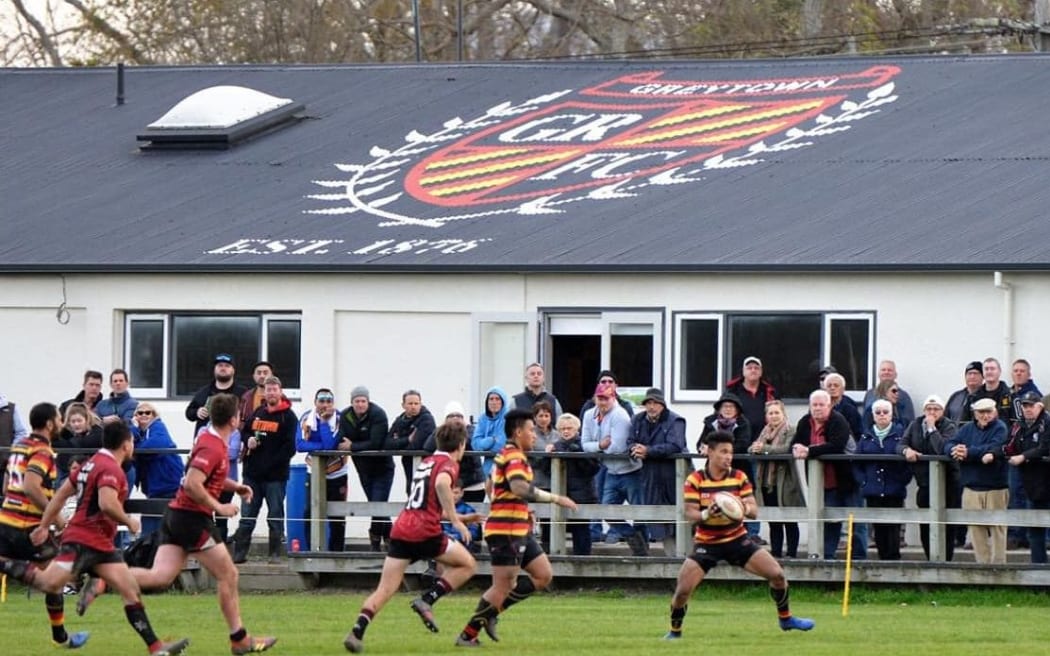
Photo: © Photosport Ltd 2010 www.photosport.nz
Analysis – The Silver Lake investment deal has surpisingly eventuated in a trickle down of funds to provincial rugby unions, but the question remains how will they use it, writes Jamie Wall.
After a torrid year on and off the field, this week would have felt pretty good for NZ Rugby. The All Blacks put on their most All Black-like performance of the year in Hamilton, then on Tuesday came the long-awaited news of the distribution of funds to rugby clubs around the country. This was the carrot that the Silver Lake deal was sold on to the average rugby fan – that this wasn’t just about an offshore consortium buying a chunk of the All Black brand, at least not without dipping into their pockets to cover the costs of everything else propping that brand up.
So, it’s pretty notable that the first really official Silver Lake transaction was to show that, for at least this once, the money actually trickled down to where it would do the most good. $7.5 million of funding, divvied up from $10,000 to $40,000 lump sum payments, will be distributed to over 450 community rugby clubs by the end of next month.
It’s also notable that the news of the new New Zealand Rugby Commercial board’s makeup came hot on the heels of the announcement. The NZRC is in charge of commercial goals, plans and targets for the bulk of the Silver Lake money, however there have been grumblings about its predictably introverted nature from at least a couple of voices in high places. But that is a story for another day.
For many at grassroots level, this cash injection can’t come a moment too soon. Club rugby has long been the go-to topic for anyone wanting to point out the inherent flaws in the way the game is run, having been seemingly left behind by a professional set up that doesn’t need it as a pathway for player development anymore. While that isn’t entirely true, NZR Head of Community Rugby Steve Lancaster admitted that “our club network is really challenged.”
While those payments might seem like a drop in the (Silver) lake, Lancaster believes that if it is spent in the right way, it will make a difference. That’s why NZR have made a few not-so-subtle directives into what the money shouldn’t be spent on.
“It’s not paying players, not paying support staff around teams, and trips as well because it’s just a risk with trips that the money gets spent and no one ever benefits beyond that,” said Lancaster.
So, what it’s really about is increasing participation, especially in pain point areas like retaining school leavers.
“I wouldn’t shy away from that at all. We are very focused on these funds being applied to growing the role of rugby in its communities.”
But given that auditing is going to be left up to provincial unions, making sure that happens might be a little bit tougher than it appears. Anecdotes of financial discrepancies in club sport are nothing new, so it will be a challenge for people like Tanya Dearns, CEO of the Mid-Canterbury RU.
“We’ve had open dialogue and transparent conversations with our clubs over the past few months, knowing this was down the track,” the former Silver Fern said.
“It’s about communication and sharing those open lines that they share with us what their long-term vision is. And we want to make sure that they let us know, as a small Heartland union, that we are providing them with the support that they need to get to where they need to.”

Club rugby in all its glory at Greytown Rugby Club. File photo.
Photo: Facebook / Greytown Rugby Club
Her counterpart Carl Moon at Waikato RFU is optimistic that clubs will spend the funds in the way intended.
“The clubs are as invested in this sport and its future as we are. It’s not hard to motivate a club to do the right thing, because they already want to,” Moon said.
Which is all well and good, but the end result of this for many clubs in varying states of financial health won’t be known for a while. Saying that elite player development funding is off the cards isn’t particularly beneficial to either a Waikato or a Mid-Canterbury because that is still very much where their representative teams source their players.
However, with a little bit of a push in the right direction and some incentive, clubs have shown over the last couple of years that they are more than capable of showcasing something that is not only a compelling way of keeping school leavers in the game, but also can be a pretty decent bit of content as well. The third National Under 85kg Club Cup final took place as a curtain raiser to the All Blacks v Pumas test, with two very much self-organised teams playing live on TV.
The annual tournament, which was won by the Southern RC Bush Pigs in a thriller over the Auckland University RFC Debt Collectors, is proof that the will is there if things can be tailored to enhance what makes club rugby a unique part of New Zealand society. It doesn’t take much of a delve into either side’s (or any other Under 85kg around the country for that matter) social media to show that the element of fun and participation is paramount.
It is worth noting that the success of the Under 85kg grade probably isn’t an easily replicated blueprint for other areas. Lancaster would like to see funds used by clubs to enhance facilities for female players, as well as making clubs more than just a place to watch footy and sink jugs.
“The last few years have been really tough, so we see this as the first step in making our system more robust,” says Lancaster, who hastened to add that overall provincial union funding was increasing too, as part of “a complex mix of investment”.
But Dearns did acknowledge that some clubs are still in trouble no matter what.
“There’s never enough money,” she laughs.
“I can only speak for my union….but there will be clubs around the country for which this will provide some real financial stability going forward.”
Which is probably why Lancaster and NZR have left it up to Dearns, Moon and the rest of the unions to take such a hands-on approach to what is going to be a very interesting time for the grassroots game.
“They know their clubs. They have the ability to engage with them directly and deeply.”
Stay connected with us on social media platform for instant update click here to join our Twitter, & Facebook
We are now on Telegram. Click here to join our channel (@TechiUpdate) and stay updated with the latest Technology headlines.
For all the latest Sports News Click Here
For the latest news and updates, follow us on Google News.
